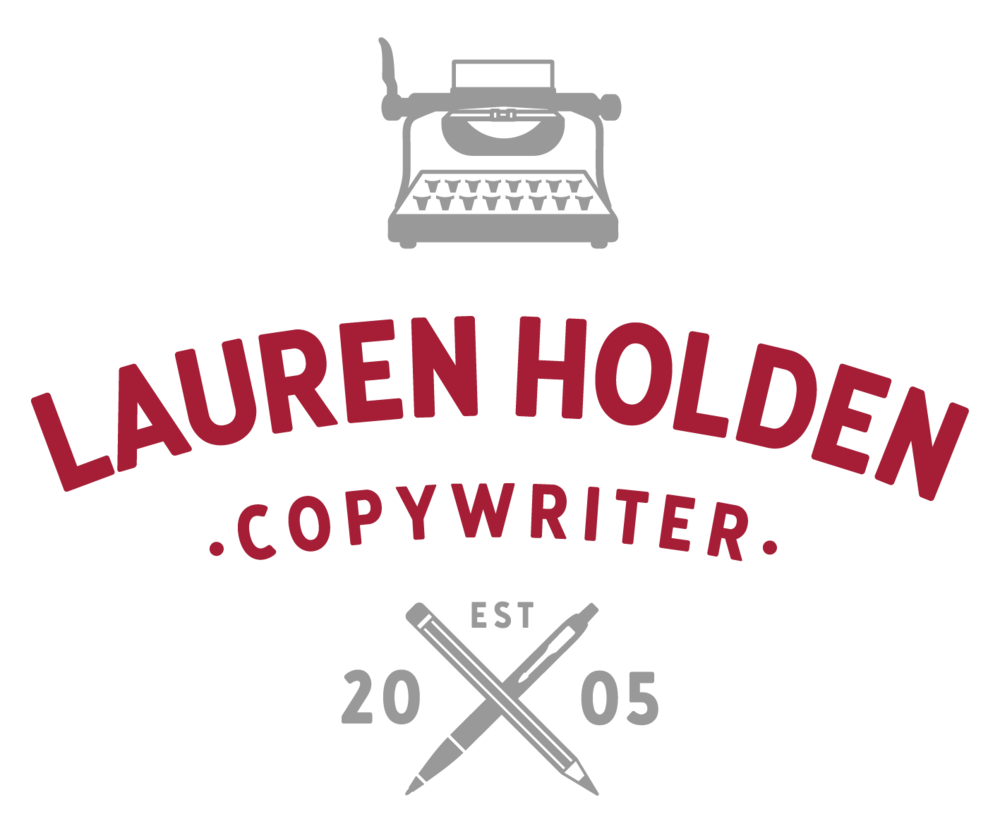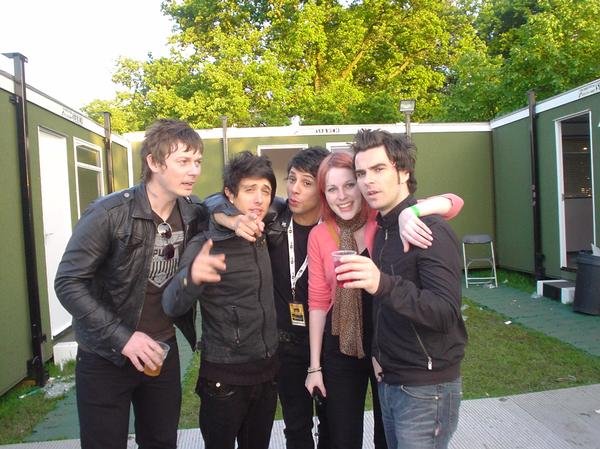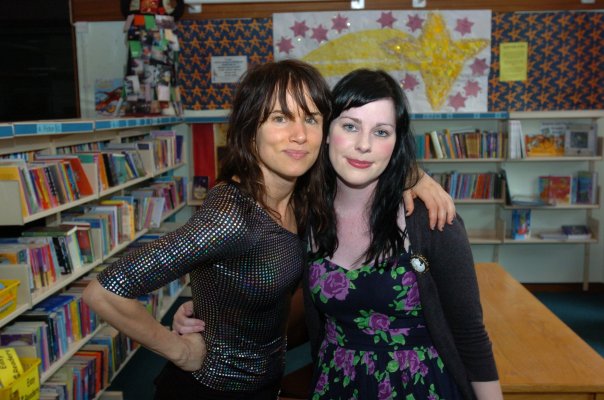I was never cool enough for the NME. Or rather, the version of 'cool' the brand sold to the masses when I began freelancing for them back in 2006.
I didn't wear an oversized green parka. I didn't have an undercut. And I certainly didn't always know my Hot Chips from my Klaxons. But what I did have was the ability to prise tantalizing tidbits of gossip from some of music's rising stars. I also had a couple of contacts up my sleeve that, from memory, the magazine had previously been trying to get hold of . And I was in a great position to be able to use them to my advantage.
At 21, I was a lowly editorial assistant on a regional newspaper. While my role soon progressed to feature writing and the creation of a weekly music column, my introduction to journalism was spent typing up reports of the local ramblers' club's walks. Or creating News in Briefs (known in the newspaper world as 'nibs') from bits of info sent in from the public. It was hardly hard news, but I loved it. The dream though? That was to write about music for a living.
The third thing working in my favour in the NME's eyes, was that I was one of very few music journalists living in the 'back of beyond' known as Lancaster - and my little hometown saw quite a few bands pass through. Some of them big, some of them on the up. And some of them, well...take a look.
So, I found myself front and centre at those gigs, before going home bleary-eyed and cider-fuelled to write up a piece or two before deadline.
The don’t recall the rates being amazing, but at 21, the chance to meet some of my favourite acts and attend gigs for nowt, seemed like payment enough. And for me, it paved the way for a career in national journalism.
So, why am I writing this?
NME magazine may have made way for Melody Maker, Record Collector, and later, Kerrang!, but before that, it had long been many a muso's bible for all things band-related. For some, the magazine possessed almost 'God-like' status in paper form. For others, it had sadly - and for reasons unknown - come to be a bit of a laughing stock. Even some of my mates found it comical that I wrote for the magazine. I’m still not sure why as I used to pore over its pages.
Nothing beat the thrill of seeing my name in print, spending my days and evenings backstage at a gig, or being amongst the first to hear about the latest releases. The magazine's staff were always friendly, and always completely committed to the cause.
For me, it came as quite a shock to hear that the magazine has now folded.
If you're a long-time reader of the NME, you'll be well aware that its later issues never quite matched those of the heady heights of the '60s - a decade which saw the then-paper champion new British groups, like a once-little-known band called The Beatles. That said, it was still very much a part of British musical culture - and whether people liked to admit it or not, it did - for a long time - have the monopoly on dictating what was hot and what was not in music.
I've seen people on Twitter saying the magazine's been dead for some time - but I'd say that has a lot more to do with our changing habits than anything else. Why pay £2 for something when you can get the same thing online for free? With the magazine now defunct, the company is planning to put its efforts into its web content - and I'm excited to see what it has to offer. There's definitely still a place for NME and I'd be keen to hear what you think, too.
Yes, there will be people in uproar that this long-standing musical beacon is no more. The same happened only recently when a radio station in my hometown announced it was to be taken over by Heart FM. It's a shame, but if you don't use it, you'll lose it. And that's the sad but true reality of journalism. Like the NME, traditional news isn't dead. It's being reincarnated. And only we can dictate what happens to it next.
Here's what the NME meant to you:
"From about 75 to 79 a beacon of UK gonzo and punk journalism (not just Parchill, tho they were superb once upon a time long ago)" - Tony Thorne, via Twitter
"The difference between working at NME and Kerrang! was this. At NME we talked a lot about what was cool, what a person was wearing, and music. At Kerrang! we just talked about music. I’m sure that’s got something to do with whose still with us, as well as the loyalty of rock fans" - James McMahon, former NME (now Kerrang!) journalist
"The #NME never hid their hostility for the #goth scene, even after helping coin the term. In a 2005 roundup special they said "gothic rock 1976-1992 RIP". This year, #TheCure are celebrating forty years of success. #RIPNME indeed..." - The Blogging Goth, via Twitter
" #RIPNME you gave me a shit album review lol" - Nina Nesbitt, via Twitter.





